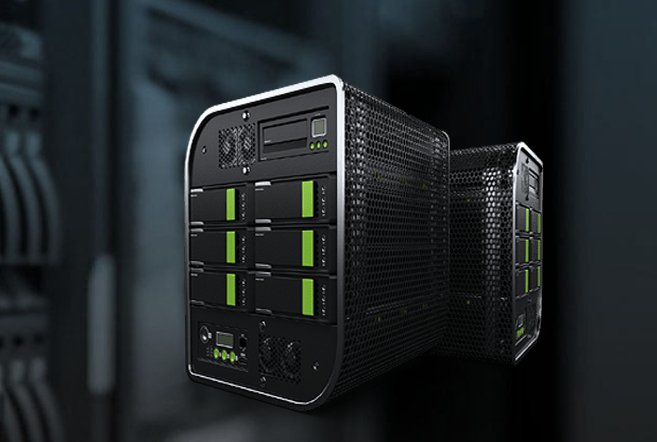
A proxy is a server that acts as an intermediary between the user and the site he visits. Using a proxy server makes it possible to bypass regional restrictions on Internet resources and remain anonymous on the network.
This is possible due to the property to hide the real IP address of the user and his geolocation. Before you mobile proxy, you need to learn more about the types of this tool. Proxies can be classified into:
● mobile, residential and server;
● IPv4 and IPv6 proxy;
● paid and free;
● proxy with HTTP, HTTPS and SOCKS protocols.
IPv4 and IPv6
There is a proxy with two types of protocols: IPv6 and IPv4. They differ in address space and IP size. IPv6 size is 128 bits, IPv4 is 32.
IPv4 is considered obsolete because it involves the use of an address mask. Hundreds of billions of IPv4 type IP addresses have been created today. This is what his address looks like: 128.48.146.128. Due to the widespread use and lack of addresses, it was decided to create a new version of the protocol.
IPv6 is an updated version of the protocol that has room for new IP addresses. Its price is lower than IPv4, since IPv6 has a much larger number of free addresses. However, the disadvantage is that IPv6 is not supported by all resources and only large projects work with it, for example, VKontakte, Facebook or Instagram. An example of this version is: 2002:0db8:36a3:07d8:1f35:8a1e:00a0:841d.
Types of proxies by type of placement
By type of placement, server proxies are distinguished, residential and mobile.
Server
Server proxies are IP addresses belonging to physical and virtual servers located in data centers - data centers. In another way, they are called IPv4 or proxy four. Server proxies are popular among netizens due to their affordable price and fast speed. They cope with their main task - hiding the user's IP address and providing access to Internet resources.
Residential
Residential proxies are a reliable and secure type, providing a high degree of anonymity. Residential proxies use IP addresses of devices on physical media that exist in the material world and were issued by home Internet providers. On the IP network, residential proxy addresses look like ordinary Internet users, which makes them difficult for bots to detect and the risk of blocking is reduced to zero.
Mobile
Mobile proxies are Internet connections provided by a GSM operator in another country. With the help of mobile proxies, it is possible to anonymously bypass geolocation restrictions and visit sites that are inaccessible to the user of a particular country. Mobile proxies are considered secure. They are difficult to detect and block. It is not profitable to ban these addresses for one reason - not only you, but also the real owner of the ip-address will receive a ban.
Proxy types by data transfer method
Allocate proxy with HTTPS, HTTP and SOCKS network protocols. They have the following differences:
HTTP type proxies only support the HTTP protocol. They are designed to view information through a browser. HTTP is the first protocol created, today it is considered obsolete.
HTTPS proxies are also designed to visit sites in a browser. Unlike HTTP, the HTTPS protocol is secure. Supports only IPv4. It is secure, as it additionally encrypts the data. Today HTTP proxies are redirected to HTTPS.
Proxies with the SOCKS protocol are distinguished by a high degree of protection and high speed. They provide complete privacy and security. When working with it, you cannot trace the IP address. SOCKS proxies are versatile and flexible. They can be used to work with different types of protocols - this is the main difference from HTTP and HTTPS.
Paid and free proxies
On the Internet you can find paid and free proxies. But paid ones are offered by proxy services, while public ones are freely available. They perform the same functions, but there is a difference between them. When choosing free proxies, you need to be prepared for IP blocking, slow speed, crashes and instability. Public proxies will not be able to provide the user with security and privacy. They are not suitable for long term use.
The advantage of paid proxies is reliability, confidentiality, quality and speed. Working with paid proxies, you can not be afraid of blocking, failures and identity theft.





Update